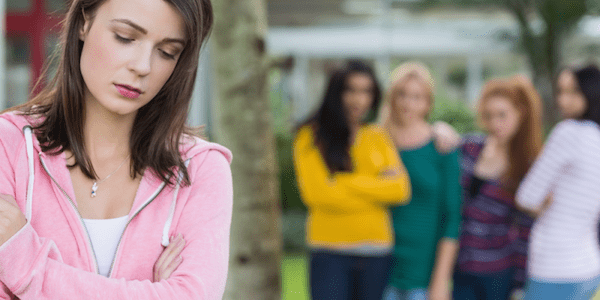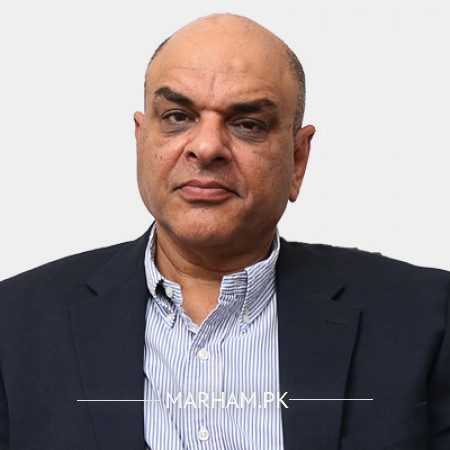Social anxiety disorder or social phobia is a mental illness in which a person becomes significantly anxious and nervous about everyday interactions.
It’s not unusual to become nervous when dealing with certain social situations or being in gatherings, rather, it is quite common among people. But people with social phobia experience extreme fear, self-consciousness, and embarrassment in ordinary circumstances because they are afraid of being scrutinized or judged by others.
When Does it Start?
Social anxiety disorder typically starts in the early to mid-teens, though sometimes younger children or adults may also develop the disorder.
How being social-phobic affects you?
Having social phobia tends to make you apprehensive and stressed about socializing. It compels you to avoid people constantly, thus disrupting your life. Severe stress can greatly affect your mental and physical health, as well as your social status. To combat this troublesome situation book an appointment with the best psychiatrist in Karachi, Lahore or any other city via Marham online consultation.
10 Common Symptoms of being a Social-Phobic:
Feeling uncomfortable and shy among others is a very common habit, especially in children, and doesn’t necessarily mean that the person suffers from social anxiety. Comfort levels vary from person to person, depending on their personality and life experiences. Some people have reserved nature while others are more expressive and out-going.
Frequently occurring signs of having social anxiety disorder include:
1. Intense fear of meeting or talking with strangers.
2. Fearing situations in which you may be judged.
3. Scared of being the center of attention.
4. Spending your time after a social situation evaluating your performance and finding out flaws in your interactions.
5. Worrying about embarrassing or humiliating yourself in front of someone.
6. Avoiding activities and talking to people out of sheer fear of getting embarrassed.
7. Being tensed and breathless during an interaction, and having a fast heart-beat.
8. Feeling dizzy or light-headed, also having a feeling that your mind has gone blank.
9. Sweating and trembling constantly, and feeling nauseous.
10. Excessive blushing and having a lot of trouble in keeping an eye contact.
The Need to See a Doctor:
Consult your mental health professional if you are afraid of normal social interactions because constantly stressing about them can develop fear, worry, and panic.





